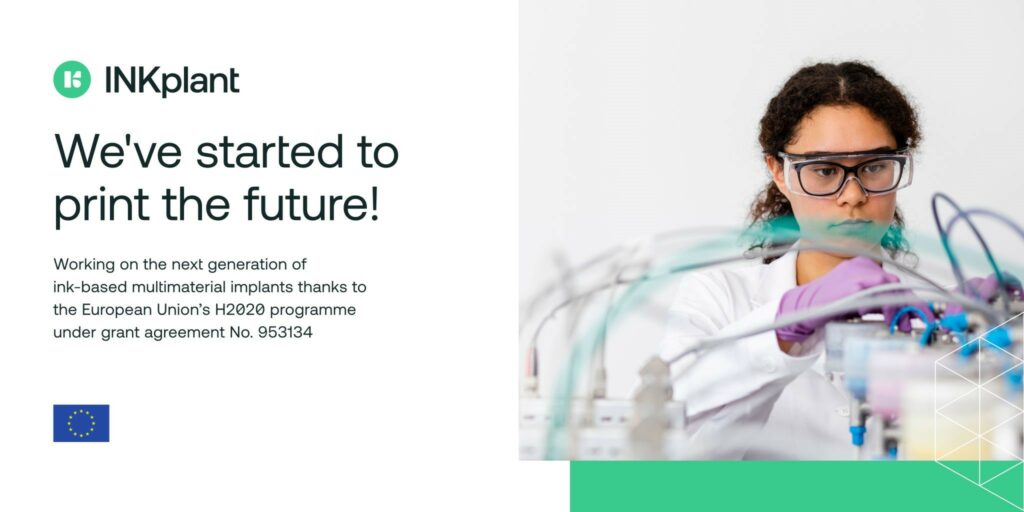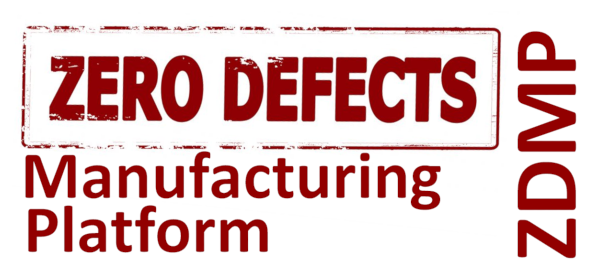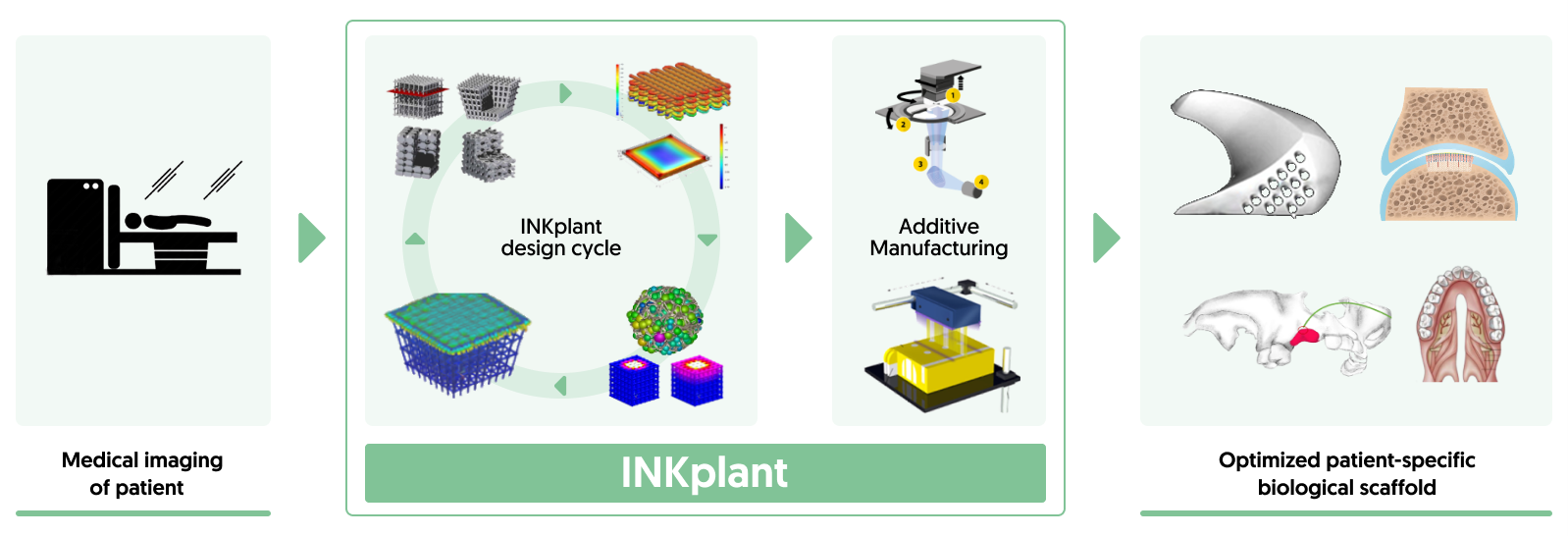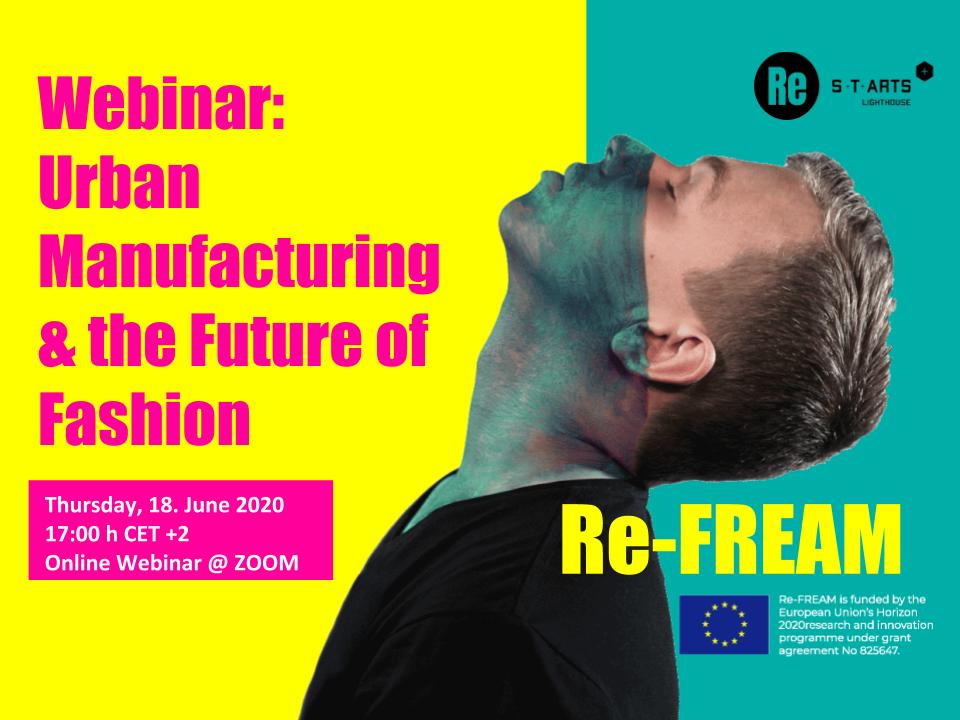Projekt NABIAM vernetzt Kooperationspartner aus Oberösterreich und Tschechien für Innovationen
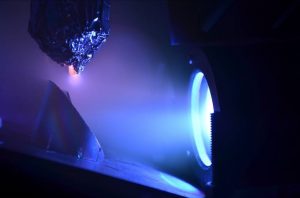
Kombinierte Magnetron/Surfatron-Abscheidung von TiO2 im metallischen Modus. © UniversitätBudweis/ Labor für Angewandte Plasmaphysik und Nanostrukturen
Kunststoff- und Medizintechnik gehören sowohl zu den Stärkefeldern Oberösterreichs als auch Südböhmens. In beiden Regionen gibt es in den Bereichen Nanotechnologie, Biosensoren und Additive Fertigung Experten in Forschung, Wirtschaft und Start-ups. Gemeinsam könnten sie in der Medizintechnik Innovationen auf den Markt bringen. Die Vernetzungs- und Kooperationskraft sind allerdings ausbaufähig, da die Akteure zu wenig über die in den Regionen vorhandenen Kernkompetenzen Bescheid wissen. Das vorhandene Know-how ist nicht barrierefrei zugänglich und besonders innovativen Start-ups fehlt der Zugang zu Hightech-Produktions- und Forschungsausstattung. Genau da will das Projekt NABIAM nun ansetzen und potenzielle Kooperationspartner für technologieübergreifende Gemeinschaftsprojekte mit dem Fokus auf medizintechnische Anwendungen vernetzen.
Neues Innovationsnetzwerk
NABIAM steht für Nanotechnologien, Biosensoren und Additive Manufacturing (Additive Fertigung). Die Idee zum Projekt hatte die Steyrer Innovations- und Forschungsschmiede PROFACTOR GmbH. „Wir haben sowohl in Oberösterreich als auch in Südböhmen exzellente Forscher und Technologien von internationalem Rang. Aufgrund der Sprachbarriere arbeiten wir bislang kaum zusammen. Das Projekt NABIAM wird uns helfen, Synergien zu nutzen, um gemeinsam höhere Schlagkraft und Sichtbarkeit zu erzielen“, sagt Andreas Pichler, Forschungs- und Entwicklungsleiter bei PROFACTOR.
Netzwerk der Standortagentur genutzt
PROFACTOR wandte sich mit der Idee für ein österreichisch-tschechisches Innovations- und Forschungsnetzwerk an die oö. Standortagentur Business Upper Austria. Projektmanagerin Ingrid Linhartova fand über das Netzwerk Europaregion Donau-Moldau den passenden tschechischen Partner. Über dieses Netzwerk bildete sich schließlich das NABIAM-Projektkonsortium. Projektleiter sind PROFACTOR und Business Upper Austria mit dem Kunststoff- und Medizintechnik-Cluster, Forschungspartner ist die Südböhmische Universität Budweis mit dem Institut für Angewandte Informatik. „Unternehmen in Südböhmen und Oberösterreich verfügen häufig nicht über das richtige Instrument, um F&E-Partner zu finden“, sagt Institutsvorstand Jakub Geyer, „dies führt zu einer verlangsamten Entwicklung und Innovation. Unser Projekt wird das Vernetzen von Organisationen erleichtern, um moderne Technologien und innovative Ansätze zu fördern.“
Innovation durch Kooperationen
Ziel des Projekts ist der Aufbau langfristiger Beziehungen zu relevanten Akteuren aus Forschung, Entwicklung und Wirtschaft in Oberösterreich und Südböhmen zu den Bereichen Polymerelektronik und Medizintechnik, mit Fokus auf die Themen Biosensoren, Nanotechnologie und Additive Fertigung (3D-Druck). Dieses Innovationsnetzwerk wird die Wettbewerbsfähigkeit und Innovationskraft der beiden Projektregionen stärken. „Gepaart mit einem Kompetenz-Mapping für Polymerelektronik und Medizintechnik sollen sich in Zukunft rasch Projektkonsortien zu konkreten Themenstellungen bilden. Ganz nach unserem Motto: Innovation durch Kooperation“, sagt Wolfgang Bohmayr, Manager des Kunststoff-Clusters. Die Finanzierung erfolgt über regionale, nationale und europäische Förderprogramme. NABIAM erhielt aus dem EU-Programm INTERREG Österreich – Tschechische Republik bzw. dem Fonds für regionale Entwicklung der Europäischen Union eine Förderung in Höhe von 85 Prozent des Projektvolumens von 216.000 Euro.
Innovative Methoden
NABIAM erhebt nun die Forschungsschwerpunkte sowie den Forschungsbedarf in den beiden Regionen und visualisiert die Kompetenzen sowie Forschungsinfrastruktur in einer Technologie-Roadmap sowie einer Kompetenzlandkarte. Danach wird ein offener Innovationsprozess entwickelt. NABIAM nutzt dafür innovative Konzepte wie Design Thinking oder Matchmaking Events, angelehnt an das Konzept eines Innovation Hubs. Unternehmen, Universitäten, Forschungseinrichtungen und Cluster soll so der Zugang zu den neuesten Forschungsergebnissen, Fachkenntnissen und Technologien erleichtert werden. „Die Medizintechnik ist eine Schlüsselkompetenz sowohl Oberösterreichs als auch Südböhmens. Mit NABIAM können wir Forschung und Entwicklung in der Branche vorantreiben und so zu innovativen, individuellen Lösungen für Patienten kommen“, betont Nora Mack, Managerin des Medizintechnik-Clusters.
Weitere Informationen zu Veranstaltungen, die im Rahmen von NABIAM organisiert werden, finden Sie auf der Projektwebseite www.nabiam.eu
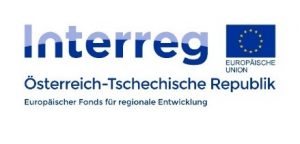
Kofinanziert aus Mitteln des Europäischen Fonds für regionale Entwicklung.
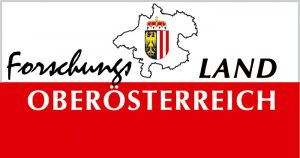

Dieses Projekt wird gefördert aus Mitteln vom Bund und Land Oberösterreich.


